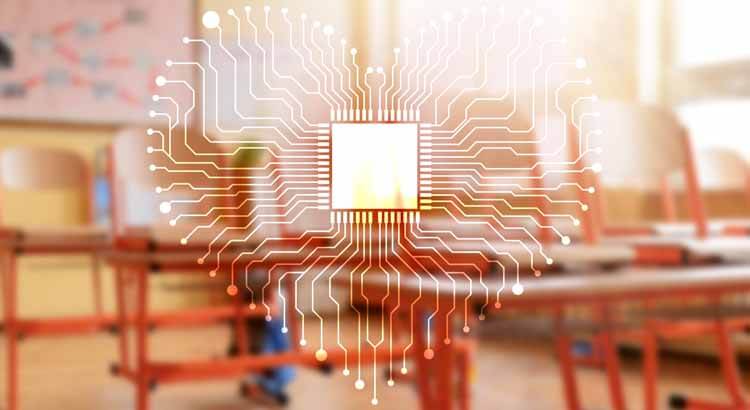This is part of a series of posts from nominees for our LifeChanger of the Year educator recognition program. We meet scores of fascinating LifeChangers every year who have interesting perspectives to share about children, education and life.
Science is about uncovering new knowledge. But what is that knowledge worth if it is not used for the improvement of humankind? Science without compassion will only seek gain and not benefit the welfare of others. Therefore, science and empathy must be taught together.
Because I am teaching future scientists, politicians, doctors, actors, wives, fathers, engineers, and any other thing my students will become, I must also model kindness, compassion, and empathy. Teaching and modeling these traits is vital since there is a growing number of hate crimes and anger toward those who are “Other” in our country and around the world. Hate crimes are targeting several of our students and their families. Consequently, it is up to us to educate not only the mind, but also the heart and soul of our children.
Meanwhile, life-changing advances in technology are being made at a rapid pace. For example, scientists have developed a gene editing tool called CRISPR-cas9 that is versatile and efficient at modifying genes in humans, plants, and animals. As with any breakthrough, it is essential to ask logistical and ethical questions: how will it be used, who can afford it, and could it be used to harm groups of people based on prejudice? To ensure that this gene-editing technology is used benevolently, future generations of scientists, policy makers, and citizens must be questioning and sensitive to the needs of all people. We do not want to repeat our mistakes of the past when we used science to discriminate against those around us.
For these reasons, I try to set up my classroom as a “safe zone” in which everyone is able to express thoughts and ideas without judgment or shame. I build that culture in action and word. It is important for my students to take risks and feel support from their peers. Likewise, I model risk-taking and relationship building using kindness, compassion, and acceptance. I connect the importance of these traits to scientists from disenfranchised populations and highlight their successes. Moreover, my lessons include quotations about compassion, strength, kindness and growth mindsets so students have an opportunity to see those values outside of a social studies or language arts class. These values are also present in my classroom. My room is not just filled with visuals of science information, but also with encouraging and motivational posters.
My hope is students who pass through my class will be inspired to act a little kinder than when they entered, to reach out to those outside of their comfort zone, to explore their own biases and not let them grow into prejudice. My hope is that my students will feel comfortable learning new things, taking risks, making mistakes while growing in scientific and emotional intelligence. My hope is that my students will embrace new ways of seeing things, possibly discover something new, and accept their fellow humans in ways that encourage relationships and break down barriers of hatred and mistrust. Ultimately, my hope is that my students will be kind, accepting, and compassionate.
Learn more about Vynessa Campos on her LifeChanger of the Year profile.
TC100537(0418)3
